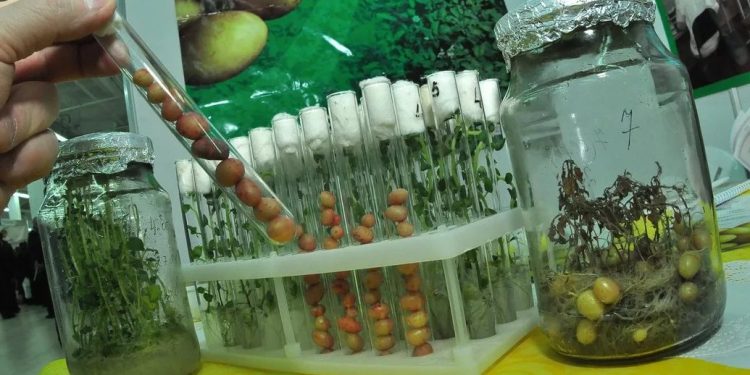#Potato Breeding, National Chip Program, Sustainable Agriculture, Crop Resistance, Snack Food Industry, Environmental Sustainability.
Potatoes are one of the world’s most important staple crops, with an estimated global production of 388 million tonnes in 2020. The National Chip Program (NCP) was initiated in the United States in 2003 to develop new potato varieties for the snack food industry. The program’s goal was to improve the quality, yield, and disease resistance of potato crops while also meeting the specific needs of the chip-making industry.
According to recent data from Potatoes USA, the NCP has significantly impacted the potato breeding industry. The program has released more than 25 new varieties, resulting in over $400 million in added value to the U.S. potato industry since its inception. These varieties have also contributed to the expansion of the snack food market, which has experienced a 3% compound annual growth rate over the past five years.
The NCP’s impact on potato breeding extends beyond commercial success. The program has also focused on developing varieties that are resistant to late blight, a devastating potato disease that can cause up to 100% crop loss. This has led to a reduction in the use of fungicides, resulting in improved environmental sustainability and reduced production costs.
In conclusion, the National Chip Program has played a vital role in advancing potato breeding and promoting sustainable agriculture practices. The program’s focus on meeting the needs of the snack food industry while also addressing environmental challenges has resulted in significant gains for the potato industry and beyond.







